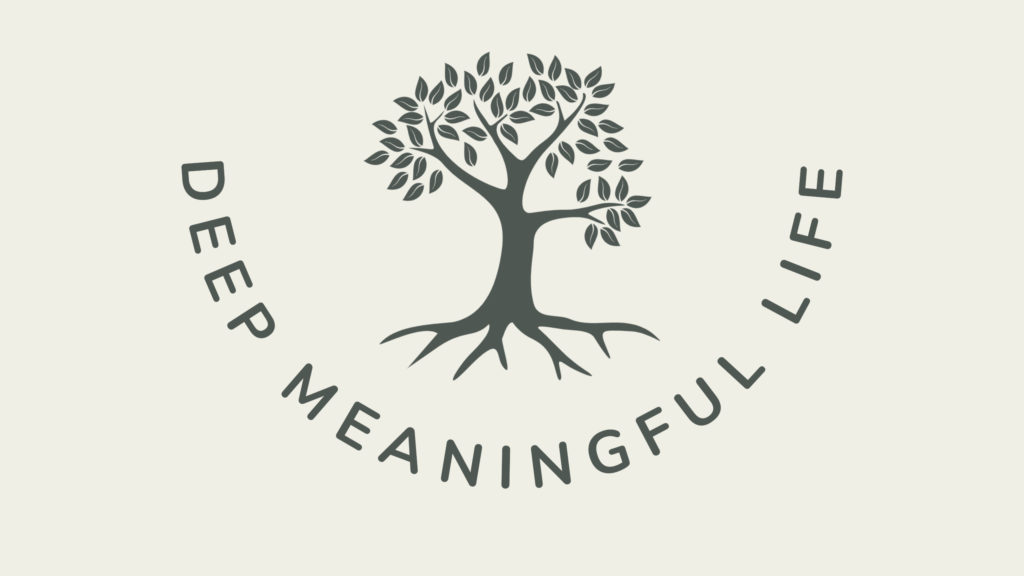Equipping
The Hunger Games – Genesis 25:19–34: Reflection Guide
Reflection Guide Key Terms Abraham – Abraham was called by God to become the father of God’s people—Israel, and to ultimately be a source of blessing for all nations (Gen 12:1-3; Abraham’s story can be found in Gen 11:26-25:8). Isaac & Rebekah – Isaac was Abraham’s son. He was promised to Abraham and Sarah by…
Read MorePersonal Growth Guide
Redemption Church exists to make authentic followers of Jesus who live for the glory of God and the good of our world. We believe that following Jesus is a lifelong process of walking faithfully with our God. Whether it’s the simple stresses of everyday life, good things that demand our attention, personal hardships, or the…
Read MoreAlive in the Mission of God – Colossians 4:2-6: Reflection Guide
Reflection Guide Key Terms Being watchful – The phrase being watchful (v. 2) could have two emphases. It’s possible Paul is encouraging believers to be “watching” for Christ’s return (see Col 3:4; when Christ…appears). However, this word basically means “to be awake” and is used more often in the NT to encourage Christians to be…
Read MoreNew Creations at Home and Work – Colossians 3:11-4:1: Reflection Guide
Reflection Guide Key Terms Submit – The primary meaning of this word in the NT is to voluntarily “put oneself under” the authority or direction of someone or something else (see James 4:7 with respect to God, Rom 13:1 to government, and 1 Cor 16:16 to leaders). Paul uses the word obey when speaking of…
Read MoreGrowing Up In Christ, Part 3 – Colossians 1:1-17: Reflection Guide
Reflection Guide *This is our last of four Sundays in this same passage. This week’s reflection guide is topical, focusing on one of the major theological themes of this section. Key Terms Justification – Justification is an act of God in declaring a person to be righteous, or in “right standing” with God, because of…
Read MoreGrowing Up In Christ – Growing Up In Christ: Reflection Guide
Reflection Guide Key Terms Right hand of God – In ancient culture, the right hand signified the place of honor and prominence (e.g. 1 Kgs 2:19). This language of sitting at the right hand of God (v. 1) comes from Ps 110:1 and is used of Jesus’ position throughout the NT (e.g. Acts 2:33-34, Heb…
Read MoreCommon Mistakes Spiritual Seekers Make – Colossians 2:16-23: Reflection Guide
Reflection Guide Key Terms Festival/new moon/Sabbath – These are Jewish holy days found in the OT with the Sabbath being a weekly celebration, new moons a monthly celebration, and festivals as annual celebrations. Shadow – With this term Paul is using a popular image from Greek philosophy of a “shadow” and corresponding “substance.” Plato famously…
Read MoreAlive Together – Colossians 2:6-15: Reflection Guide
Reflection Guide Key Terms Elemental spirits – This term literally means “fundamental components” and was used to refer to things like letters in the alphabet, notes of a musical scale, or air, fire, and water (i.e. basic components of the physical world). For Paul, there was no separation between the material and spiritual realms of…
Read MoreTheology in Life – Colossians 1:24-2:5: Reflection Guide
Reflection Guide Key Terms Filling up what is lacking – This is a potentially confusing phrase from Col 1:24. Paul cannot be saying that Jesus’ afflictions were not sufficient for forgiveness of sins and salvation because that would contradict Col 1:22 & 2:13-14. His point seems to be that on the cross Jesus didn’t end…
Read MoreFirst Over All – Colossians 1:15-23:Reflection Guide
Reflection Guide Key Terms Image of the invisible God – This term image was commonly used in the ancient world to refer to objects that represented gods or the likeness of Caesar that was stamped on items such as coins. For many Jews in Paul’s day, the “image” of God had also become associated with…
Read More


